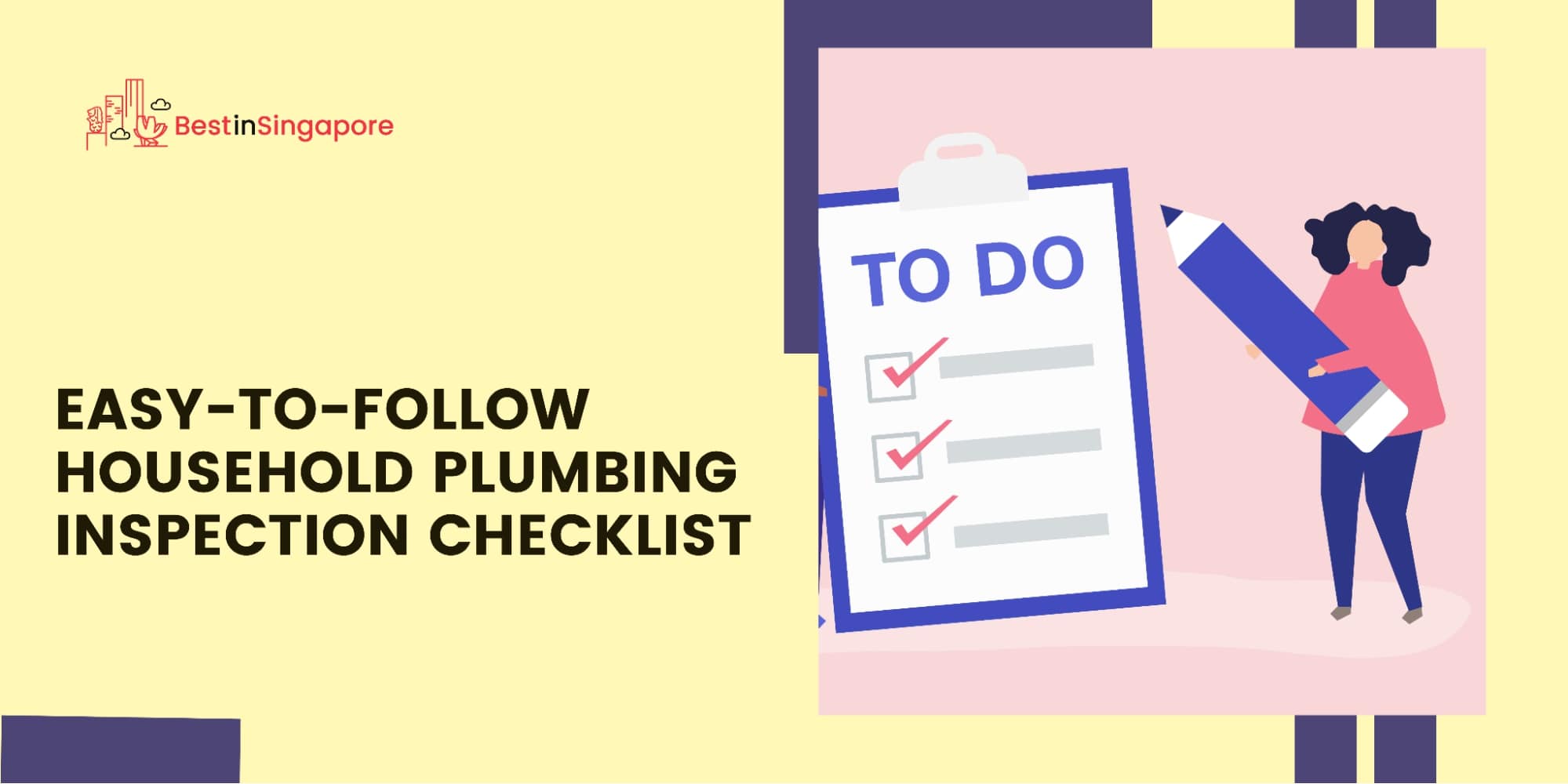Household Plumbing Inspection Checklist You Can Follow
Ensuring that water comes in and out of your property correctly is vital. That’s why when it comes to home maintenance and repairs, the plumbing system is perhaps one of the top priorities.
To help you better inspect your plumbing system, here’s a simple household plumbing inspection checklist you can follow.
Regularly clean your drains.
Having a clogged drain is a common plumbing problem that people experience. If you want to avoid this problem, don’t wait until your drains get all clogged up and dirty before you take action.
Cleaning your drains should be a regular task for you. Check the drains of your showers, kitchen sinks, and bathtubs.
In addition to that, you should also be careful about what you flush down on your drain. Toilet paper can dissolve quickly, but leftover food, paper towels, grease, and other trash do not disintegrate that easily, so don’t throw them in there.
If you observe that the water is draining slower than usual, this could signify that a clog is forming or there is already a clog in your drain pipes.
To check the extent of the buildup, call a plumber to do a drain inspection and deal with the repairs needed before it leads to a total kitchen renovation or toilet renovation project.
Check all above-ground pipes in your house.
Checking all the above-ground pipes in your house is also a good way to ensure that you can inspect the visible leaks, damage, or corrosion to the main pipes. It’s best to do this maintenance check before the rainy months or at least once a year.
When you observe bluish/greenish deposits or mold on your above-ground pipes, this might be a sign that you have a leaking pipe.
Of course, this can also be a sign of other plumbing issues, such as severe corrosion or a slab leak, so we suggest that you contact a plumber instead of trying DIY solutions.
Clear your gutters.
Some might think that their home’s gutter system doesn’t affect their plumbing system. However, since the gutters collect and drain wastewater away from your home by channeling it to your plumbing system, checking and cleaning them is essential.
You can hire a handyman or a cleaning service team to clean or clear out the clogs in your gutter system seasonally. Don’t let wastewater accumulate in your gutter because it can damage your roof system and cause you extensive roof repairs.
Examine all plumbing fixtures.
Living in a house with faulty plumbing fixtures can be very inconvenient and costly.
Aside from plumbers, you might also need to hire other home improvement professionals like electricians, interior designers, and renovation contractors to accommodate the changes you require in your space if these fixtures cause extensive damage.
Some of the main plumbing fixtures you should examine are your toilets, water heaters, pipes, and main sewer. If you hire a plumber for this inspection, we recommend that you also let them check the following:
- Faucets
- Drains
- Vent pipes
- Dishwasher
- Washing machine
- Showers and tubs
- Water supply lines
Maintain your sewer and septic system.
Whether your main sewer and septic system has a problem or not, it’s vital to have them regularly inspected and maintained to prevent serious plumbing issues and potential health risks.
Bear in mind that using a drain cleaner with harsh chemicals should also be avoided because it can affect the biological breakdown process of your septic system.
In addition to that, having it pumped every three to five years is recommended to avoid clogs and blockage problems in your plumbing system.


